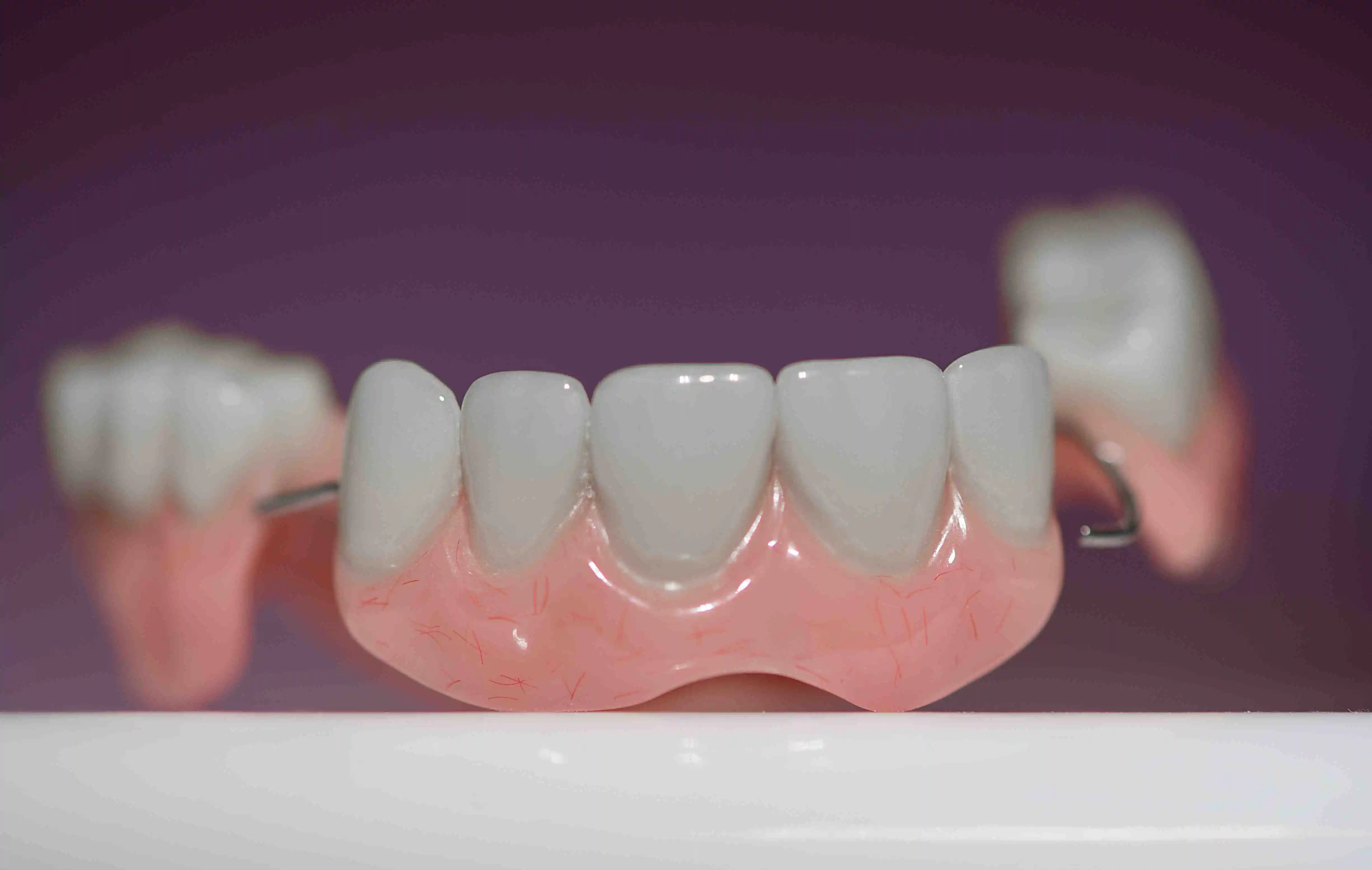If your teeth are weak, missing, decayed, or fractured, you may need dental restoration. There are different types of dental restoration, including fillings, crowns, implants, bridges, and more. However, you need to consult an experienced dentist to determine the best dental restoration procedure for you.
Here is everything you need to learn before getting dental restoration.
What are Dental Restorations?
Dental restorations are the various procedures your dentist can use to replace or restore your missing teeth or missing parts of your tooth structure. They also help replace teeth that are causing you pain or slowly decaying to prevent further damage.
The best time to get dental restorations is when you first notice the , and this is because the sooner you get them, the less damage there will be to your tooth. However, sometimes dental restorations can also be used to correct problems that have been present for a time.
What Happens Before a Dental Restoration?
What happens before dental restoration depends on the type of restoration you need. Before any procedure, it’s important to clean your teeth as much as possible by brushing and flossing. Your dentist will likely find cavities during a routine cleaning and schedule an appointment to apply fillings. During a preliminary visit for dentures, they’ll measure your mouth and make models of your jaw.
If you’re getting a dental crown, your dentist will first prepare the tooth by removing any decay and shaping it. Then, they’ll take an impression of the tooth and place a temporary crown. The permanent crown will be made in a dental lab and placed during a follow-up visit.
Getting a dental bridge is similar to getting a crown. The dentist will prepare the teeth on either side of the gap and make an impression. The bridge is made in a dental lab and placed during a follow-up visit.
Dental implants are more complex than other types of dental restorations. First, your dentist will place a titanium post in your jawbone to serve as a replacement for the tooth root. Then, they’ll take an impression of your mouth and place a temporary crown. The permanent crown will be made in a dental lab and set in place during a follow-up visit.
Let’s learn more about different types of dental restoration below.
7 Different Types of Dental Restoration
The most common types of dental restoration used to restore your smile and teeth structure are:
-
Inlay
Inlay restorations are composite material custom fillings. They are usually used to repair small cavities or chips in the teeth. Inlays are less invasive than dental crowns, and you can get them in one or two office visits. However, they may not be as durable as other types of restorations.
-
Onlays
Onlays are similar to inlays, but they are larger and cover more of the tooth surface. Like inlays, Onlays are made from composite material, and you can get them in one or two office visits. Onlays are good for repairing larger cavities or damage to the tooth surface.
-
Dental Crowns
Dental crowns are also known as caps. They cover the entire tooth surface and are usually porcelain or ceramic. They can be used to repair large cavities, cracked teeth, misshapen teeth, and discolored teeth. Crowns are a good option for dental restoring the function and appearance of your natural teeth.
-
Bridges
Bridges are dental appliances that can replace one or more missing teeth. These are attached to the natural teeth on either side of the gap the missing tooth leaves.

Bridges can help restore the function and appearance of your smile.
-
Dentures
Dentures are removable appliances that replace all-natural teeth in the upper or lower jaw. Dentures are usually made from acrylic or porcelain and can restore the function and appearance of your smile.
-
Partial Dentures
Partial dentures are similar to full dentures, but they only replace some of the natural teeth in the upper or lower jaw. Partial dentures are usually made from acrylic or porcelain.
-
Dental Veneers
Dental veneers are thin pieces of porcelain bonded to the teeth’s front surfaces. Veneers can improve the appearance of stained, chipped, misshapen, or discolored teeth. Veneers are a good option for people who want to enhance the appearance of their smile.
It does not matter what type of dental restoration you need; the dental team at Le Sueur Family Dental works with you to ensure that you’re as comfortable as possible.
What are the Benefits of Dental Restorations?
Dental restorations allow you to chew your food better, speak clearly, and give you a better smile. They will help you keep your teeth and make full use of them without any pain or discomfort.
Do You Need Dental Restorations? Contact Le Sueur Family Dental Today!
If you require a smile makeover, dental restoration treatments are ideal. Whether you opt for one procedure or a full mouth reconstruction, Le Sueur Family Dental is fully-equipped to handle it. To learn more about the latest dental restoration techniques and other dental services we provide, contact us at (507) 665-6812 or office@lesueurfamilydental.com to schedule a consultation today!

